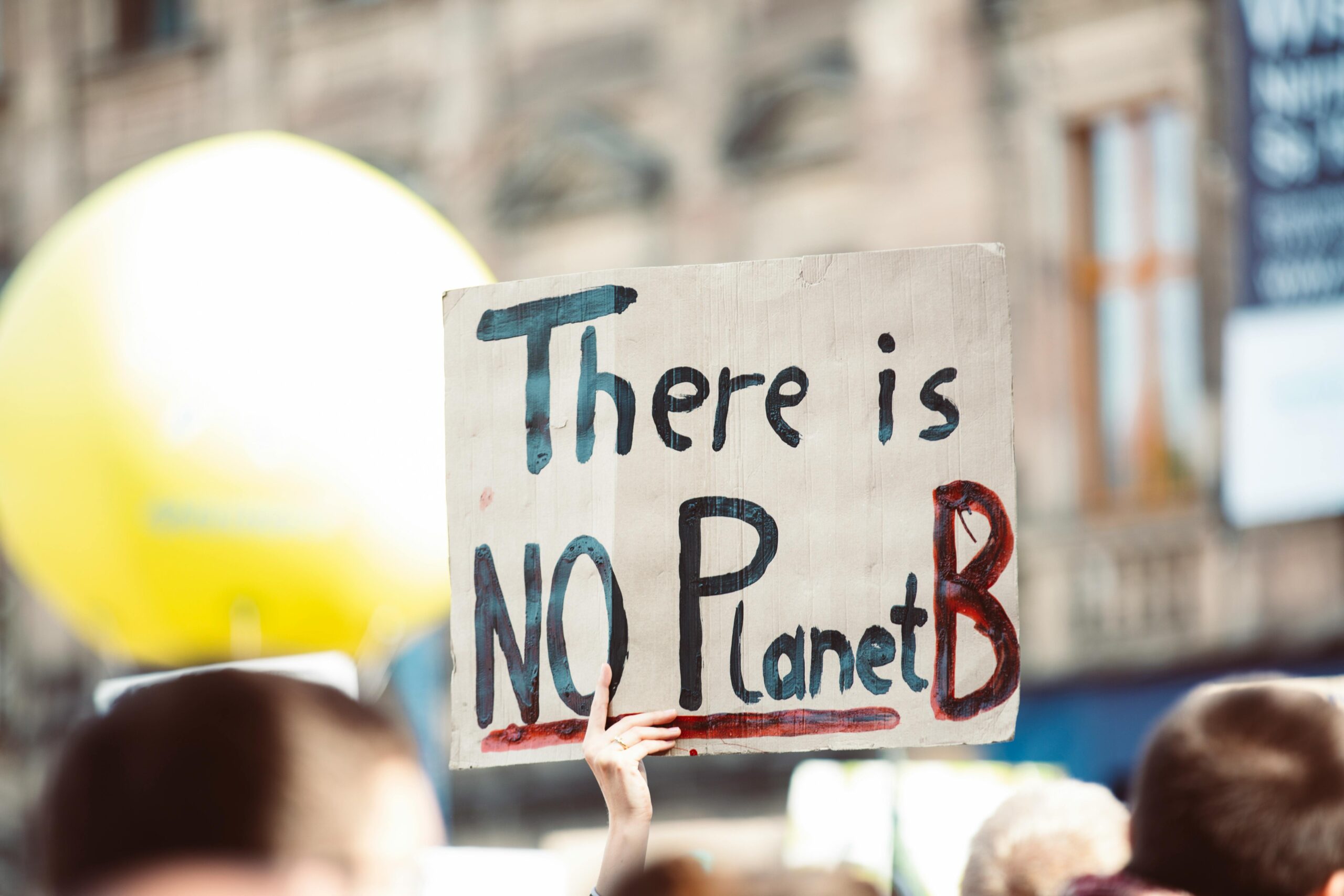Women Leading the Charge Against Climate Change on International Women’s Day

In the face of escalating climate challenges and political headwinds, the contributions of women leaders in the environmental sector stand as beacons of resilience and innovation. The 2025 Reuters Events Trailblazing Women in Climate List spotlights twelve such luminaries who, across diverse domains, are steering impactful climate initiatives.
Inger Andersen, Executive Director of the United Nations Environment Programme, emphasizes the disproportionate impact of climate change on women and underscores the necessity of their involvement in crafting effective solutions. She advocates for gender-responsive policies that address these unique challenges.
Mafalda Duarte, CEO of the Climate Investment Funds, calls for bold female leadership to drive transformative climate action. She highlights the importance of inclusive decision-making processes that harness the perspectives and expertise of women.
Éliane Ubalijoro, Executive Director of Sustainability in the Digital Age, draws parallels between the resilience of trees and the collective strength required to combat climate change. She stresses the power of community and shared knowledge in fostering sustainable practices.
Mary Robinson, former President of Ireland and Chair of The Elders, uses the metaphor of dandelions spreading seeds to illustrate the dissemination of climate justice. She believes in the potential of grassroots movements to effect systemic change.
Inna Braverman, co-founder of Eco Wave Power, and Ayesha Choudhury, a renewable energy entrepreneur, both stress the importance of inclusive decision-making and perseverance in the renewable energy sector. They advocate for breaking down barriers that hinder women’s participation in these fields.
Vaishali Nigam Sinha, Chief Sustainability Officer at ReNew Power, and Abigail Ross Hopper, President of the Solar Energy Industries Association, highlight the vast opportunities in emerging markets and the necessity of sustaining growth in the solar energy sector. They emphasize the role of women in driving innovation and expansion in renewable energy.
Melina Laboucan-Massimo, founder of Sacred Earth Solar, and Anna Turrell, Head of Environment at Tesco, point to Indigenous wisdom and consumer engagement as critical fronts in the climate fight. They underscore the value of traditional ecological knowledge and the power of informed consumers in driving corporate sustainability.
Elaíze Farias, a journalist and co-founder of Amazônia Real, underscores the importance of including marginalized communities in climate discussions, especially with the upcoming COP30 summit in Belem. She advocates for amplifying the voices of those most affected by environmental degradation.
These leaders exemplify the multifaceted approach required to tackle climate change, integrating policy, finance, technology, and community engagement. Their collective insights and actions illuminate pathways toward a more sustainable and equitable future.
Commentary:
”Women in climate leadership aren’t just filling seats at the table—they are redesigning the table altogether. The women highlighted in this article are living proof that climate solutions must be diverse, innovative, and deeply rooted in community and equity. As someone working in the built environment, I see firsthand how sustainable construction and urban development need women-led approaches that prioritize long-term resilience over short-term gains.
These trailblazers remind us that climate justice is gender justice. From energy equity to environmental policy, women are rethinking outdated systems and proving that inclusion isn’t just the right thing to do—it’s the smartest path forward. If we want real change, we need to amplify these voices, support their initiatives, and push for more representation across all industries. Let’s stop asking if women belong in these conversations and start following their lead. ”
Curated for The BuildHer Network by CATALINA TRANDAFIR
Read the full article here:

